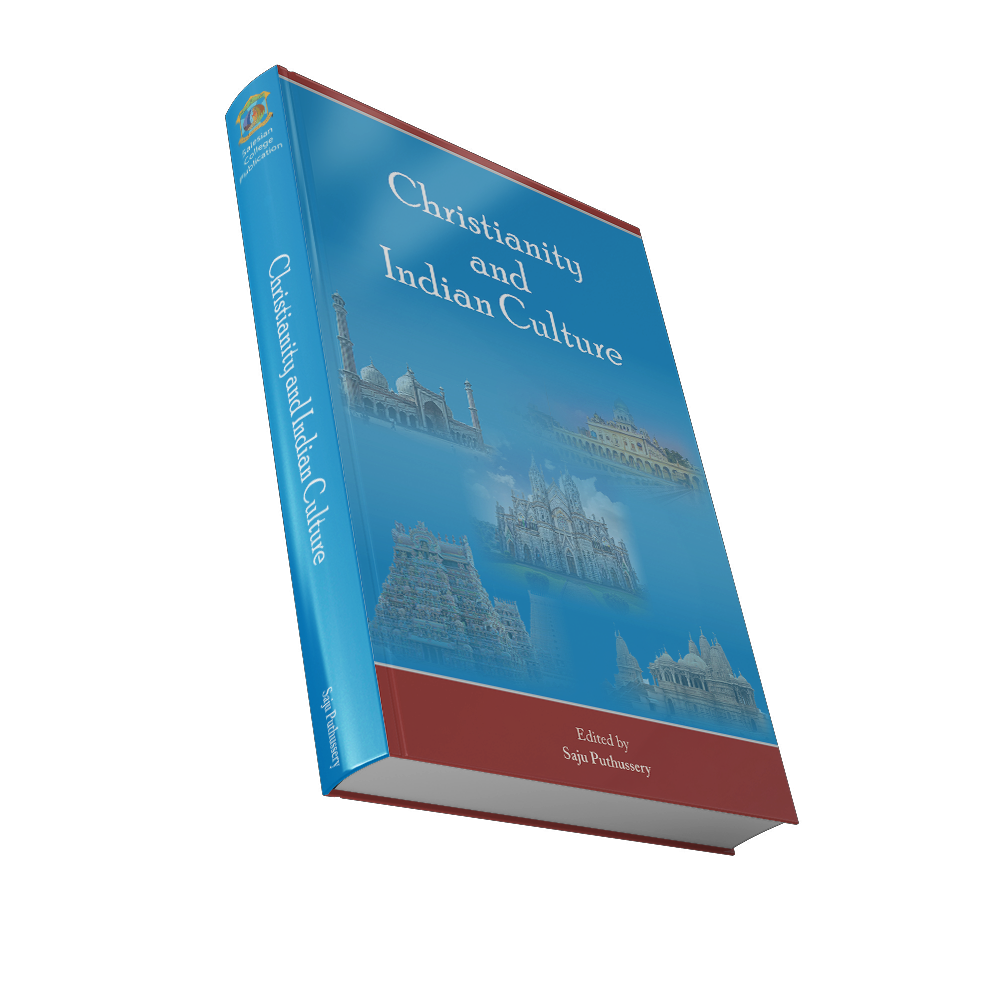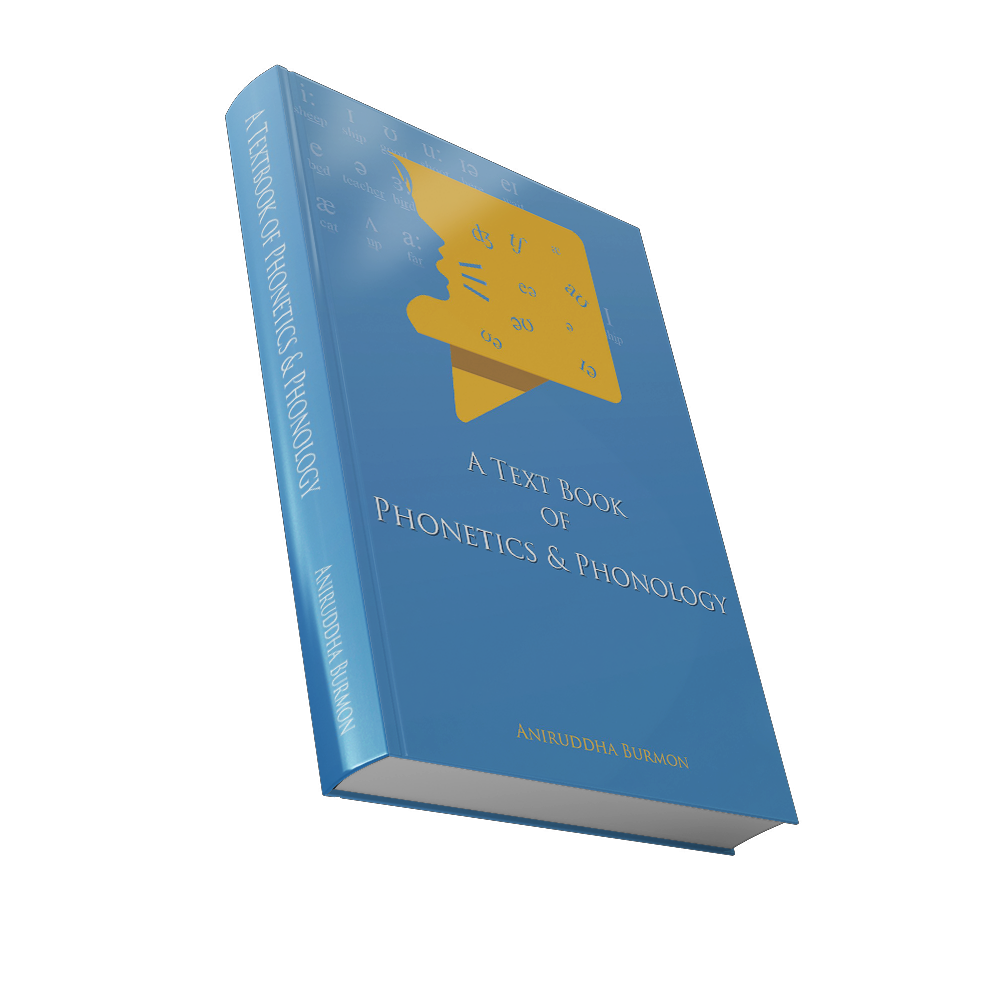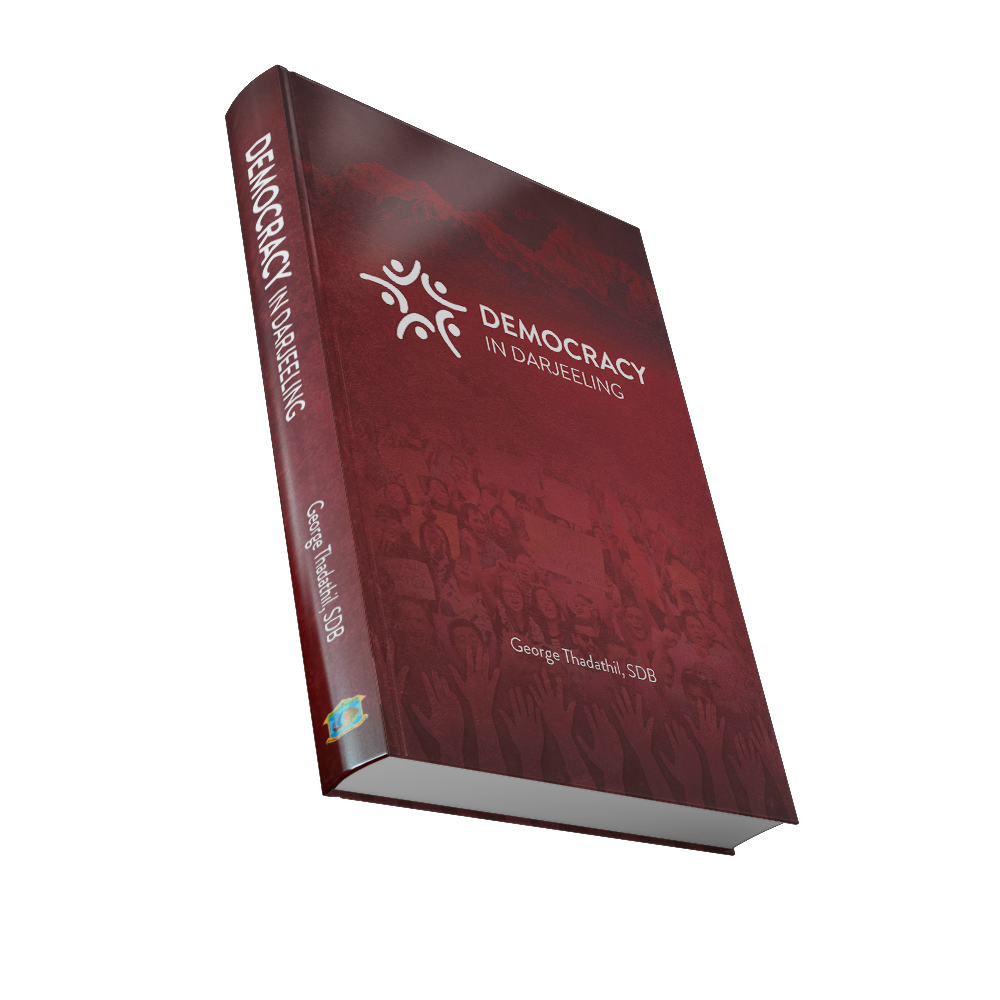INTRODUCTION
In India Christianity is regarded as a minority religion. This status has not undermined its output in the society. The contribution of this minority community is unique in the fields of education, healthcare and various social, political and cultural compositeness constituting India. It had always been a key agent in building the nation through the centuries. The Christian religion enlightened the people of India not only in the area of spirituality but enriched diverse aspects of constructing a modern Indian nation. Right from the beginning of the arrival of Christianity in India, it made a distinctive and profound influence on the society through its compassionate care and preferential option that the adherents demonstrated towards the sick, suffering, underprivileged and marginalized in the society. During the period of Indian renaissance (1750s-1920s), there emerged a number of outstanding leaders who were strongly influenced by the teaching of Christ, which further contributed to India’s progress. Christian social activities played an important role in the nineteenth century cultural awakening. The liberal and nationalistic ideas were imparted through western education. The new yet subterranean ideas of liberty, equality and fraternity began to attract the educated youth. It had great impact on the social, political and religious life of Indians. Most of all, resultantly, it paved the way for the eradication of many a social evil in India.
Christian missionaries were pioneers in education in India and the first to promote women education, which led to the enlightenment of Indian women of all religions, castes and regions. The first ever girl’s school in India was opened by the missionaries at Kottayam, Kerala in 1819. Providing opportunity for women’s education was a major breakthrough in transformation of society. Christian mission at large played a unique role in the growth and development of the vernacular languages and literature. They taught both in the local language and in English, which led the progress of vernacular languages as well as English.
Despite the small percentage of the population, this minority community’s contribution in the field of healthcare is unique. The exemplary service provided by the Christian agencies, through hospitals, dispensaries, orphanages and destitute homes, are yet to be recognized and recorded for posterity. Approximately eighty five percent of the healthcare institutions run by the missions are in the villages, serving the least and the lost. The unique presence of Mother Teresa in India with her attention to the destitute for more than half a century was another visible feature of Christianity’s identity marker within the Indian society. The remarkable contribution in the fields of healthcare, women empowerment, option for the poor and reaching the unreached are indications of the holistic outlook on health and respect for life.
Christian missionaries from the beginning attempted to abolish the socially evil practices. What has probably brought the ire of the dominant (tradition bound brahmanic elite) in the past is the critique of social systems and practices like sati, female infanticide, human sacrifices and polygamy. This animosity continues into the present as the Christian worldview challenges the caste system and its practices like untouchablity, seeking a come back in full force. They were convinced that education would be the most effective and lasting instrument for social reforms and liberation of people. These convictions are proved true today with the resistance and backlash such liberative activities are receiving presently in the name of replacing it with Hindutva. Christianity took steps to eradicate evils of caste system and contributed immensely to loosening up the system through preaching the formation of egalitarian society based on self-respect and social justice. It helped in uplifting the victims of the oppressive caste system and was perceived as a threat by the custodians of brahmanical system privileged by the structure…
About the Author
Saju Puthussery, SDB is currently serving as the Vice Principal (Arts & Humanities) of Salesian College Siliguri Campus. He has Ph.D from the University of Kalyani (West Bengal). He has been associated in the capacity of Director and/trainer as well as member with several Government and Non-government agencies pertaining to Social Service and Child Welfare in West Bengal.









Reviews
There are no reviews yet.